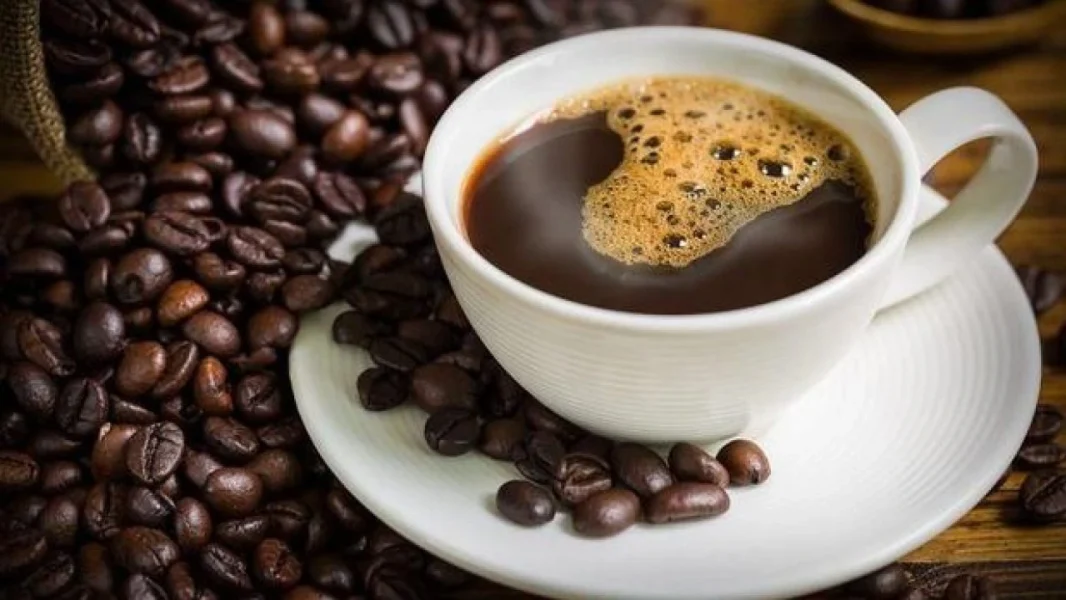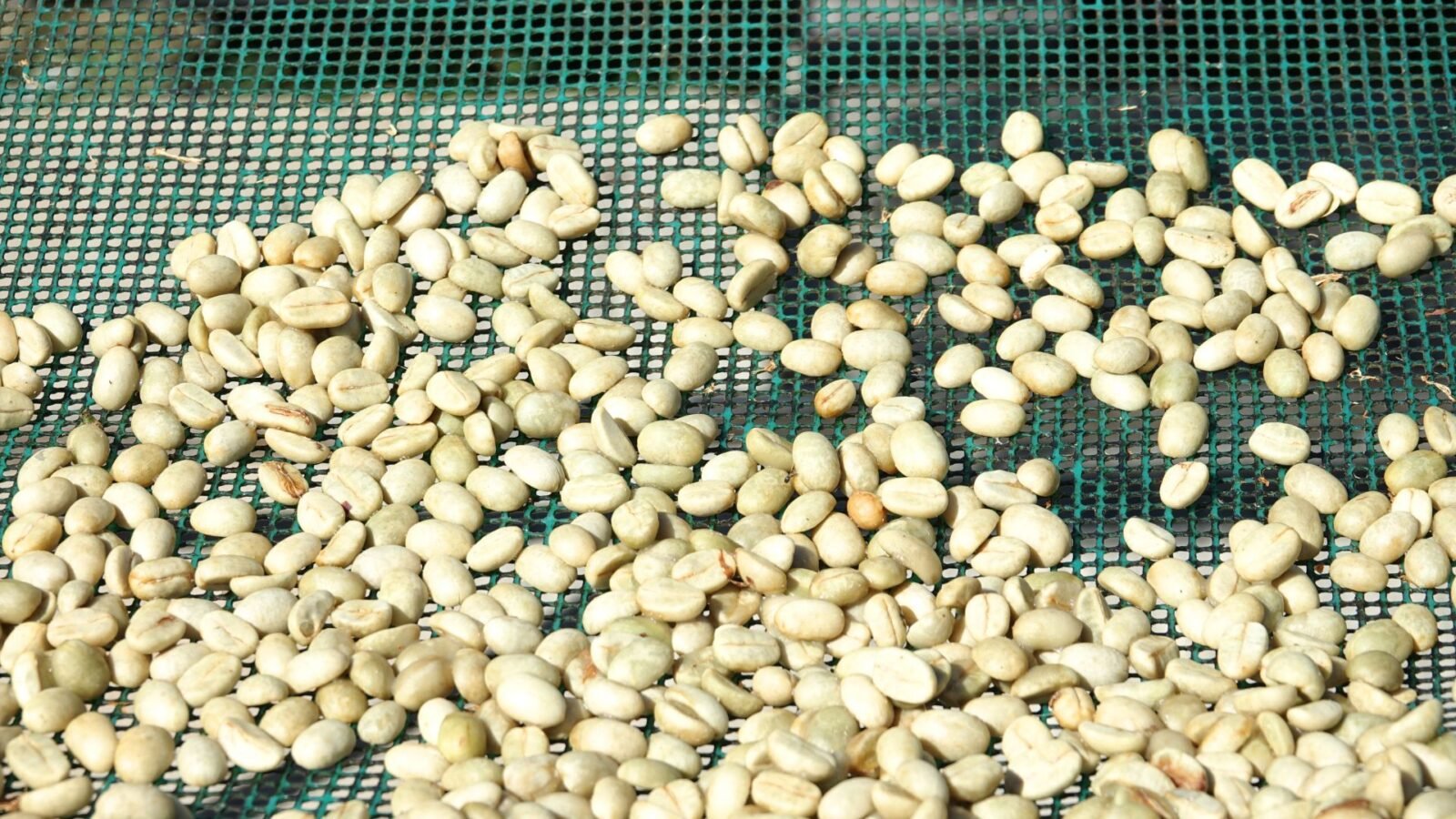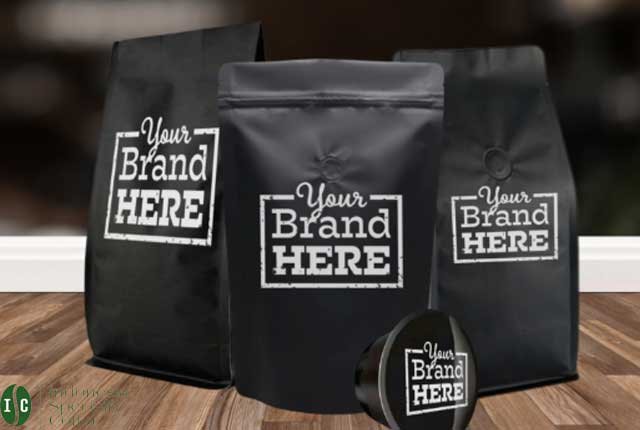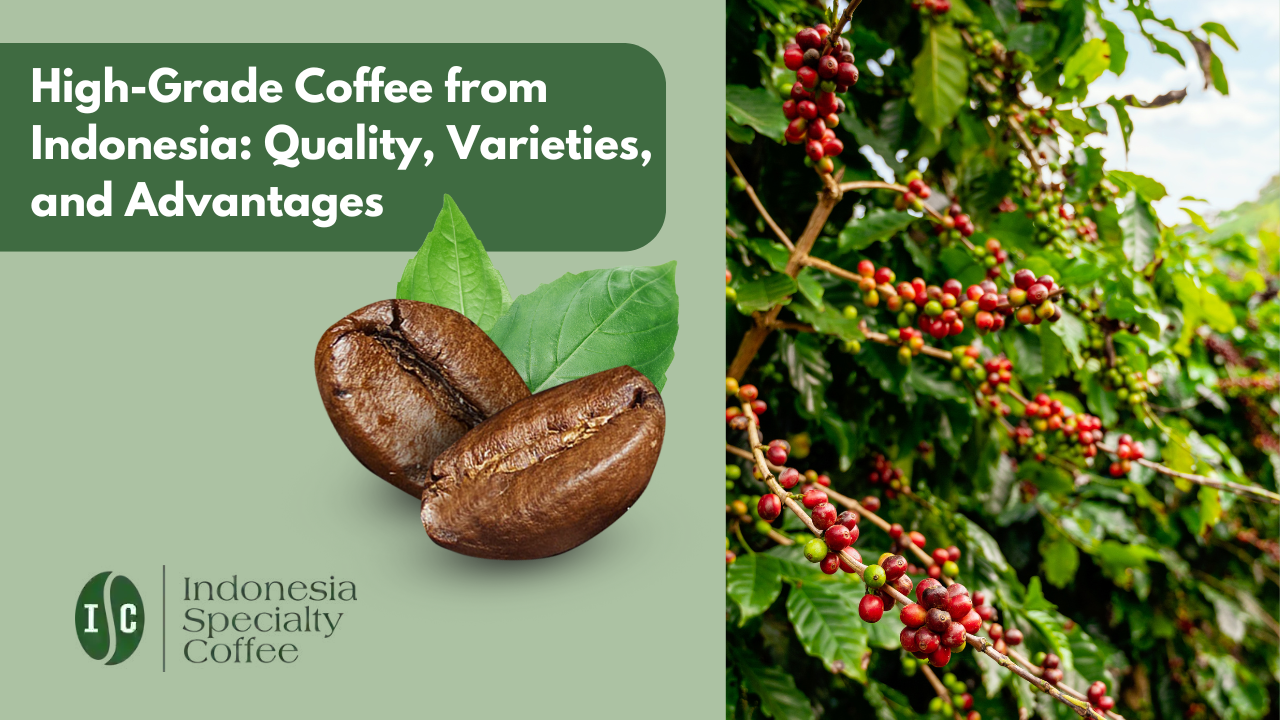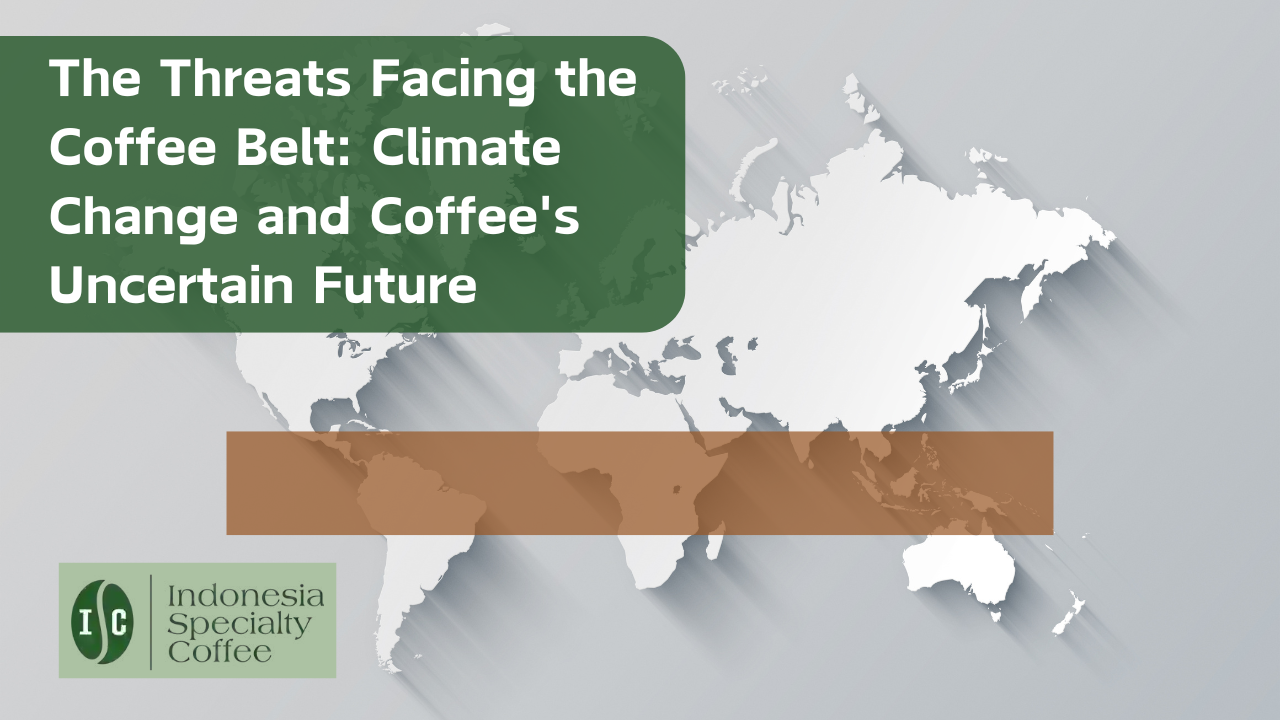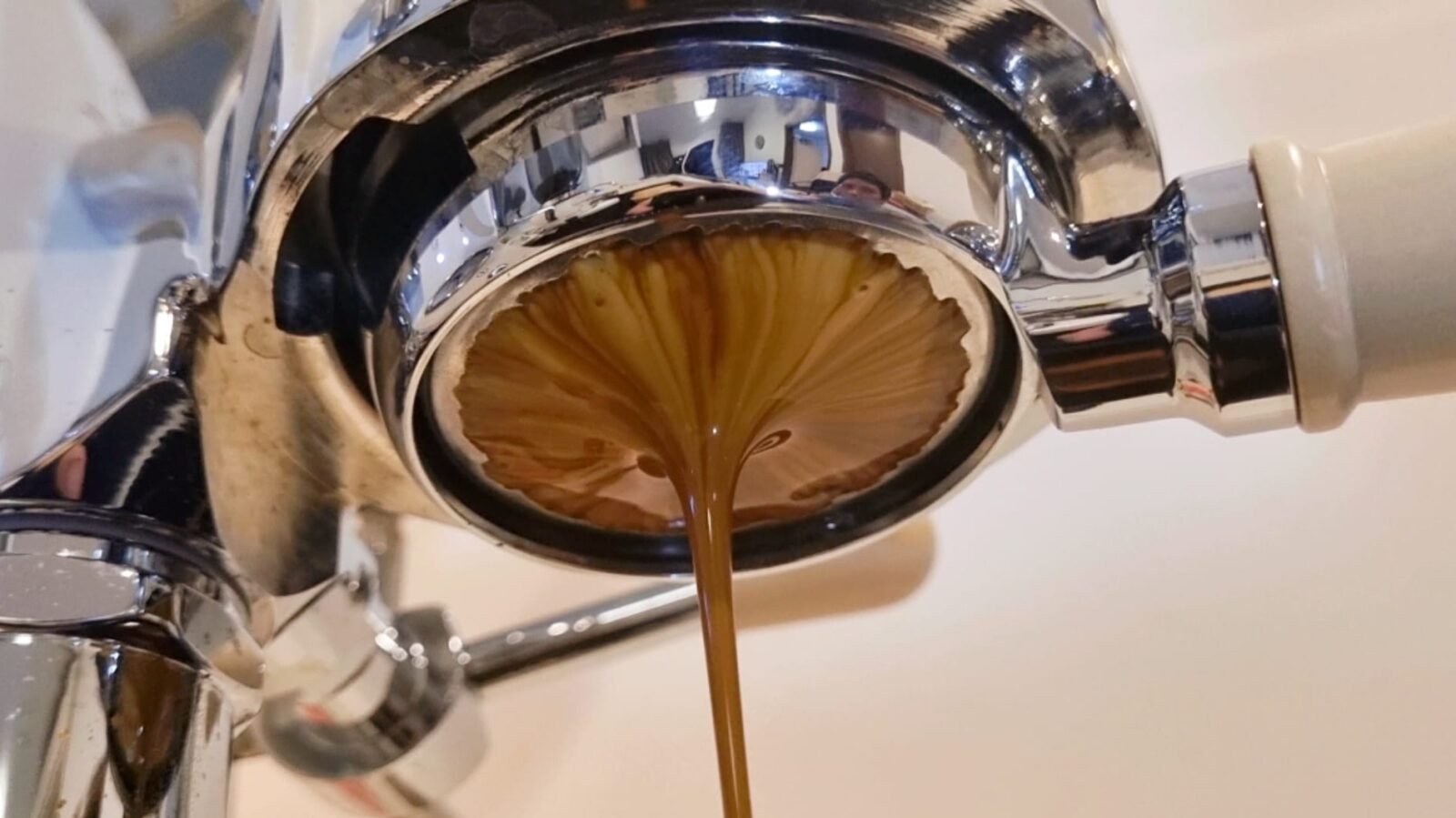The intersection of culinary practices and religious beliefs often raises intriguing questions, and one such query that has gained attention is whether wine-infused coffee is considered halal. In this exploration, we delve into the components, processes, and religious perspectives to shed light on the halal status of coffee infused with wine.
Understanding Wine Infused Coffee
Wine infuse, coffee represents a fusion of two widely enjoyed beverages coffee and wine. In this concoction, coffee beans are exposed to the flavors of wine during the production process. This infusion is achieved through various methods, such as soaking the beans in wine or allowing the coffee to absorb wine notes during the roasting phase.
Ingredients and Processes of Wine coffee
Coffee Beans
The primary ingredient is coffee beans, a staple in many cultures globally. The type and quality of the coffee beans used can significantly influence the flavor profile of the final product.
Wine
The addition of wine introduces a layer of complexity to the coffee, contributing nuanced flavors and aromas. The choice of wine, whether red or white, also impacts the resulting taste.
Infusion Methods
The infusion process can vary, ranging from soaking green coffee beans in wine before roasting to exposing roasted beans to wine vapors. These methods aim to impart wine characteristics to the coffee beans.
Halal Considerations
Alcohol Content
The primary concern when determining the halal status of wine-infused coffee is the alcohol content. Traditional wine contains ethyl alcohol, and its consumption is prohibited in Islam. However, during the roasting process, alcohol can evaporate, and only the flavor remains.
Halal Certification
Some producers of wine-infused coffee may seek halal certification to assure consumers that their products adhere to Islamic dietary laws. This involves rigorous scrutiny of the ingredients, production processes, and any potential cross contamination.
Intentional vs Incidental
Islamic scholars often consider the intention behind the use of ingredients. If the addition of wine to coffee is intentional and the alcohol content remains, it may be considered impermissible. However, if the alcohol is incidental, as in cases where it evaporates during roasting, scholars may offer different opinions.
Religious Perspectives about wine coffee halal
Islamic Jurisprudence about wine coffee halal
Different schools of Islamic jurisprudence may have varying opinions on the permissibility of consuming products like wine-infused coffee. Some scholars may consider it halal if the alcohol content is negligible, while others may adopt a more cautious approach.
Individual Interpretations
The diverse interpretations within the Muslim community mean that individuals may approach the issue differently based on their personal beliefs and the guidance of their religious authorities.
The question of whether wine infused coffee is halal involves a nuanced examination of ingredients, processes, and religious perspectives. As with many aspects of dietary laws, interpretations can vary, and individuals may seek guidance from their local religious authorities. The evolving landscape of food and beverage innovations often prompts communities to engage in thoughtful discussions about the intersection of tradition and modernity.
For those seeking halal options, it is advisable to look for products that bear a reputable halal certification, signifying adherence to Islamic dietary guidelines. As the culinary world continues to explore new flavor combinations, the halal status of innovative products like wine infused coffee invites ongoing dialogue within religious communities and provides an opportunity for greater understanding at the crossroads of faith and food.

